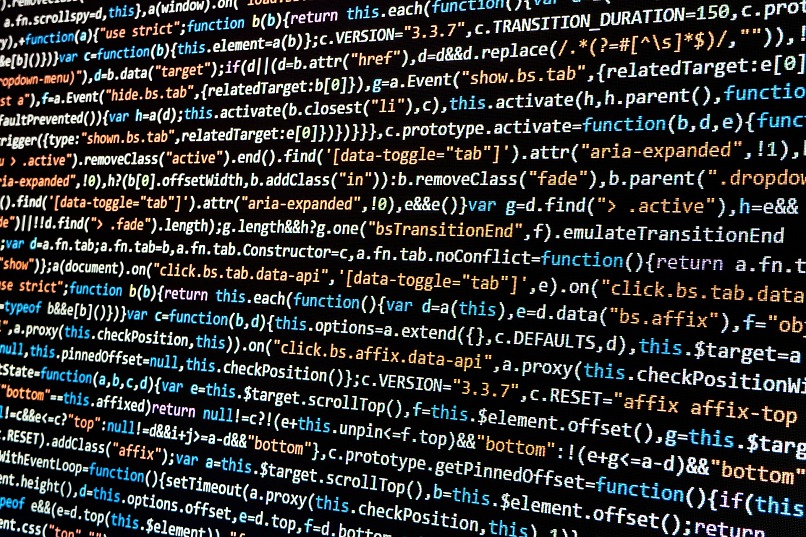Twitter Removes Leaked Code and Seeks Legal Action

Twitter has recently taken steps to remove leaked source code for its platform. It is now searching for the person behind the account that uploaded it, along with anyone who downloaded a copy, to pursue possible legal action. The leaked code was posted on Github, and it’s thought to have remained there for several months.
Twitter issued Github a DMCA infringement notice and said the leaked code contained proprietary information and internal tools that could potentially compromise its security. GitHub complied with the notice on Friday and removed it.
According to the notice, the leak was posted by someone using the handle “FreeSpeechEnthusiast.” It has been suggested that they are an ex Twitter employee who may have been subject to Elon Musk’s mass layoffs since taking over the company last year.
Twitter is currently seeking a subpoena to compel GitHub to disclose identifying details concerning the FreeSpeechEnthusiast account, including the name, address, telephone number, email address, social media profile data, and IP address associated with the account. It’s also looking for any individuals who accessed or shared the leaked Twitter source code. This information may be used for potential legal proceedings.
The leak is a significant security concern for Twitter. According to the DMCA notice, the leak encompassed “proprietary source code for Twitter's platform and internal tools”. Access to this source code could make it easier for cybercriminals to more rapidly probe for exploitable vulnerabilities, raising the risk of data exfiltration, ransomware attacks, and other malicious activity.
Twitter has experienced a tumultuous period under the leadership of Musk. Recent reports indicate that he currently values the social network at $20 billion, which is less than half of what he paid for the platform.
Musk announced in February 2023 that the platform’s algorithm would soon be made open source, but a specific timeframe for this action has not been determined yet.



Please, comment on how to improve this article. Your feedback matters!